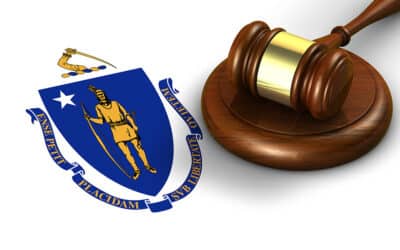With the rise of global temperatures, heat waves are becoming more commonplace. According to the Environmental Protection Agency, “heat waves are occurring more often than they used to in major cities across the United States. Their frequency has increased steadily, from an average of two heat waves per year during the 1960s to six per year during the 2010s and 2020s.” Not only that, but the duration of heat waves has also increased by an average of 2.5 degrees Fahrenheit. With these temperature increases in mind, what does this mean for Massachusetts landlords?
The resounding answer to this question like with many legal questions: “it depends.” Surprisingly enough, unlike with the specific heating requirements of the Massachusetts State Sanitary Code, landlords are not outright required to provide air conditioning to tenants for any portion of the year. Despite rising temperatures expanding further into all times of the year and the correlated rising of temperatures within residential units, the Massachusetts State Sanitary Code does not specifically set a minimum or maximum cooling temperature of a residential apartment.
That being said, during the period of September 15th through May 31st, the Massachusetts State Sanitary Code does state that no heating system shall cause the temperature to exceed 78 degrees in any room. The key phrase here relevant to this topic is “no heating system”. The Massachusetts State Sanitary Code does not specifically address when an apartment temperature becomes too hot rather than too cold due to environmental changes and what the landlord’s responsibility is, specifically, to address it.
A caveat to the Massachusetts State Sanitary Code where a landlord does potentially create responsibility for themselves to provide access to air conditioning is in the specific instances where an air conditioning unit is either permanently installed and secured to a structural element by the owner or where an air conditioner is owner-installed. In these instances, a landlord is responsible to maintain the air conditioner in operable condition free from leaks, obstructions or other defects. Though again, reasonable minds could disagree as to what temperature an air conditioner in operable condition should maintain.
Of course, when executing a Lease, the parties can articulate a specific provision to place an onus on the landlord (or tenant) that addresses air conditioners or the maintaining of the apartment in a specific condition. But where a Lease is silent it is less clear.
If you have questions or would like to discuss these matters, please contact Drayton Law at 508-618-7270.
This blog is for informational purposes only. It should not be considered legal advice. All those who read this blog should seek the advice of a professional before taking action based upon any information provided herein.








